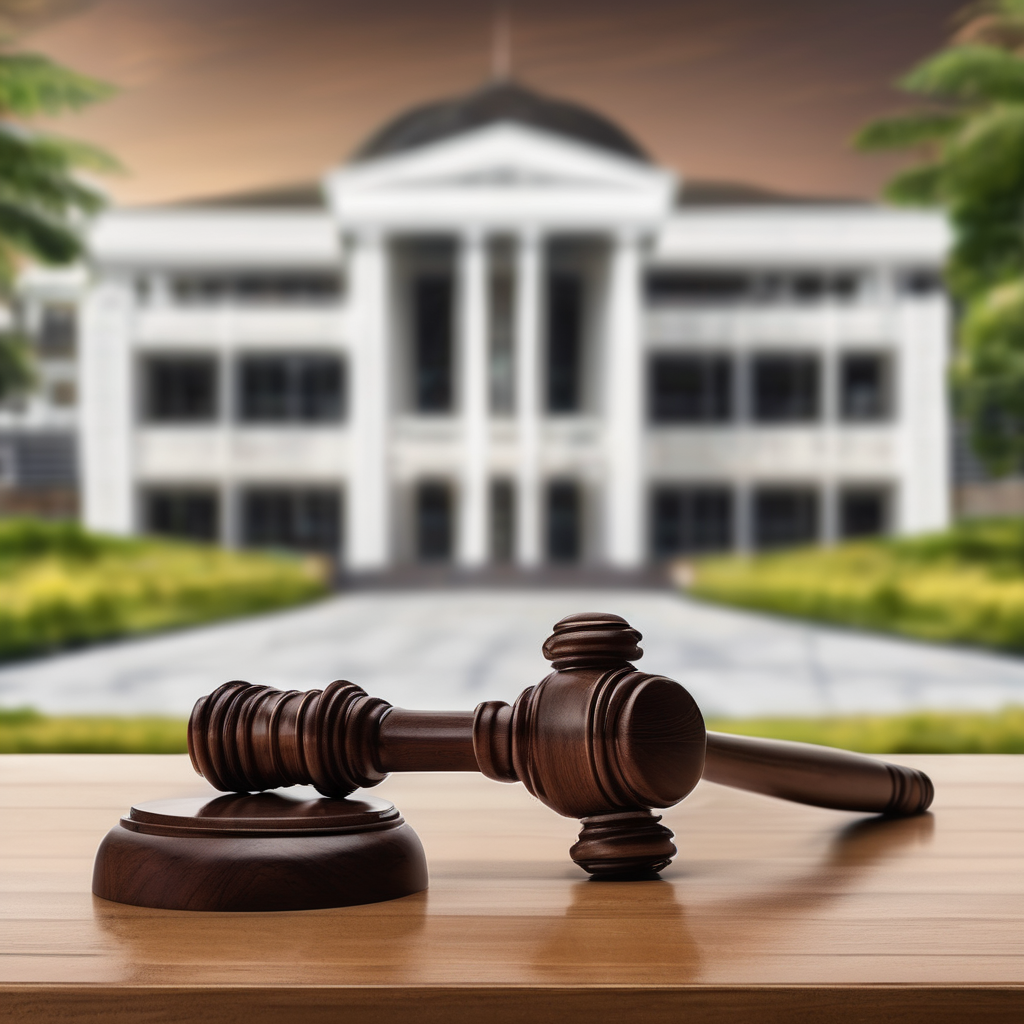Fiji’s Deputy Prime Minister and Minister for Finance, Biman Prasad, has officially submitted his resignation from Cabinet, responding to a charge from the Fiji Independent Commission Against Corruption (FICAC). This important development follows a meeting Prasad held with Prime Minister Sitiveni Rabuka, where he conveyed his decision to step aside amid the ongoing legal proceedings.
In his statement, Prasad expressed the necessity of stepping down in light of the charges, emphasizing his commitment to addressing the matter through appropriate legal channels. “I intend to deal with this charge in the shortest possible time and in accordance with proper legal process,” he clarified, highlighting that his legal team is already engaged in the process. He also acknowledged the support he has received from the Prime Minister, which he is grateful for during this challenging time.
Prasad’s reflection on the nature of political leadership draws attention to the hurdles leaders often encounter, particularly those that arise unexpectedly. “This is just one more of those challenges to be dealt with calmly, patiently, and as swiftly as possible,” he stated. Despite resigning from his ministerial positions, he confirmed his intention to remain an active Member of Parliament, aiming to continue representing his constituents effectively.
Prime Minister Rabuka publicly accepted Prasad’s resignation and expressed gratitude for his service. The Prime Minister’s office has appointed Assistant Minister for Finance, Esrom Immanuel, as Acting Minister for Finance to ensure a seamless transition and maintain stability within the government.
The backdrop of Prasad’s resignation comes amid heightened scrutiny of Fiji’s political landscape, particularly following another recent resignation from the Cabinet by former Deputy Prime Minister Manoa Kamikamica, who faces separate charges. This sequence of events underlines ongoing discussions around integrity and accountability in politics.
Rabuka has stressed that the actions taken reinforce a principle of governance: “No one is above the law,” advocating for transparency and ethical conduct among governmental officials. As these political dynamics evolve, it presents a critical moment for potential reforms aimed at restoring public trust and enhancing the integrity of Fiji’s political framework. The collective call for accountability indicates a promising path towards a more transparent governance model, which is essential for aligning public officials with the expectations of the citizens they serve.
